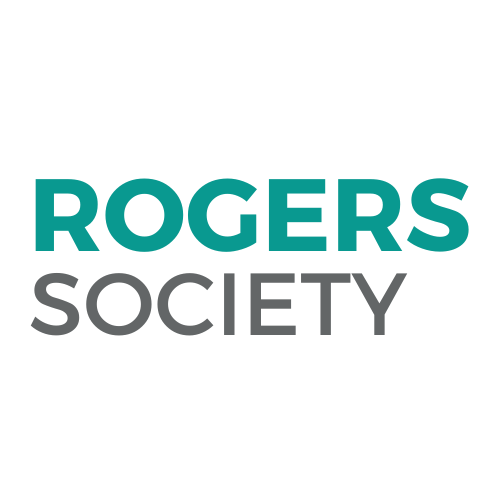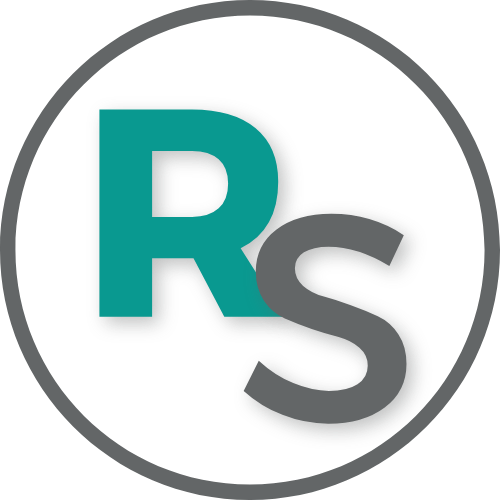Frequently Asked Questions
Strategic Planning
-
Here are five compelling reasons to hire a facilitator for an organization's strategic planning session:
Objective Perspective - A facilitator brings an unbiased viewpoint, helping to mediate discussions and ensure that all voices are heard, avoiding internal biases and conflicts.
Structured Process - Facilitators are skilled in guiding the strategic planning process, ensuring that sessions stay on track, objectives are met, and time is used efficiently.
Expertise and Experience - With specialized knowledge and experience, facilitators can introduce best practices, innovative ideas, and proven methodologies to the planning process.
Enhanced Participation - By managing group dynamics and encouraging active participation, facilitators help to create an inclusive environment where team members feel comfortable sharing their insights and ideas.
Focused Outcomes - A facilitator ensures that the planning sessions are goal-oriented, resulting in clear, actionable strategies and a cohesive plan that aligns with the organization's mission and vision.
-
1. Mission Alignment
Rogers Society, as a non-profit dedicated to creating social impact through community contact, inherently understands the unique challenges and goals of other mission-driven organizations. Their facilitators bring a deep alignment with your values and objectives, ensuring that the strategic planning process is guided by a shared commitment to social good.
2. Specialized Expertise
Rogers Society facilitators are experienced in working with non-profit organizations, which equips them with a unique skill set to navigate the intricacies of strategic planning in the social sector. They can provide insights and strategies specifically tailored to enhance your community impact.
3. Community-Centric Approach
With a strong emphasis on community engagement and contact, Rogers Society facilitators foster an inclusive and participatory planning environment. Their approach ensures that diverse perspectives are integrated, leading to more comprehensive and community-focused strategic outcomes.
4. Proven Track Record
Rogers Society has a history of facilitating successful strategic planning sessions for various non-profits, demonstrating their ability to drive meaningful and actionable results. Their facilitators have a proven track record of helping organizations like yours achieve their strategic goals.
5. Affordable and Impact-Driven
As a non-profit themselves, Rogers Society understands the financial constraints faced by many organizations. They offer affordable facilitation services without compromising on quality, allowing you to invest in a high-impact strategic planning session that maximizes your resources.
By hiring a Rogers Society facilitator, you ensure that your strategic planning session is led by professionals who are not only skilled in facilitation but also deeply committed to the social impact and community-focused mission that drives your organization.
-
For most organizations, once the initial consultation has occurred and dates and times have been scheduled:
For Virtual:
Pre-work - 4 weeks
Strategic Planning sessions - 5 -6 weeks
Comprehensive Report Delivery - 1 week
Approx. TOTAL: 12 weeks
For Face-to-Face:
Pre-work - 4 weeks
Strategic Planning sessions - 2 days
Comprehensive Report Delivery - 1 week
Approx. TOTAL: 6 weeks
-
Although there can be many advantages to F2F strategic planning sessions, virtual sessions are extremely flexible and offer teams and organizations more time to reflect and discuss aspects of the process.
We recommend consulting with one of our facilitators to assess your organizational needs as either option can be extremely successful.
-
Our facilitators are located in the Pacific Northwest of the Americas in the Pacific Time Zone however, as all associated travel and accommodation costs are the responsibility of the organization, there are no limitations to where and when a face-to-face session may be held.
We recommend consulting with one of our facilitators to assess your organizational needs and our facilitators availability.
-
A strategic planning session should include a diverse group of stakeholders who can provide valuable insights, contribute to meaningful discussions, and help shape the future direction of the organization. Here are the key participants to consider:
Executive Leadership Team
Includes the CEO, CFO, COO, and other top executives who can provide strategic direction and ensure alignment with the organization's overall vision and goals.
Board Members
Their governance role and long-term perspective are crucial for strategic decision-making and ensuring the plan aligns with the organization's mission and values.
Department Heads and Managers
Leaders from various departments (e.g., marketing, finance, operations, HR) bring specialized knowledge and insights about their respective areas, helping to create a comprehensive plan.
Key Staff Members
Involving influential and knowledgeable staff members from different levels can provide practical insights and foster buy-in and support for the strategic plan.
External Interest-holders
Depending on the context, inviting representatives from partner organizations, funders, or other key external stakeholders can offer valuable external perspectives and enhance collaboration.
Clients or Beneficiaries
Including voices of those served by the organization can ensure that the strategic plan addresses their needs and priorities, fostering greater impact and relevance.
Facilitator
An experienced facilitator can guide the process, ensuring structured discussions, balanced participation, and that the session achieves its objectives.
Having a well-rounded group of participants ensures that the strategic planning session is comprehensive, inclusive, and aligned with the organization's mission and goals.
Professional Coaching
-
Professional coaching is a collaborative process where a trained coach works with you to identify your goals, develop strategies, and achieve personal or professional growth. Benefits include enhanced clarity, improved performance, greater self-awareness, and the development of new skills and perspectives.
-
Coaching focuses on setting and achieving future goals, whereas therapy often addresses past issues and emotional healing. Mentoring involves guidance from someone with more experience in a specific field, while coaching is a partnership between equals aimed at unlocking your potential and achieving specific outcomes.
-
During a coaching session, you can expect a structured yet flexible conversation where the coach asks insightful questions, listens actively, and helps you explore solutions and strategies. Sessions are typically goal-oriented, with actionable steps identified to move you closer to your objectives.
-
The duration of a coaching engagement varies based on individual needs and goals. It can range from a few months to a year or more. Many clients start with an initial commitment of 10 sessions over 3 to 6 months and adjust as needed based on their progress and outcomes.
-
Yes, professional coaching is confidential. Coaches adhere to ethical guidelines that ensure your privacy and confidentiality. This allows you to speak openly and honestly, knowing that your personal information and discussions will be protected.
Leadership Training
-
Leadership training is a structured program designed to develop the skills, knowledge, and abilities of current and potential leaders within an organization. It is important because effective leadership drives team performance, fosters a positive workplace culture, and ensures the achievement of organizational goals. By investing in leadership training, organizations can cultivate strong leaders who can inspire and guide their teams to success.
-
Leadership training programs often cover a range of topics, including communication skills, conflict resolution, emotional intelligence, strategic thinking, decision-making, team building, and change management. These areas are critical for leaders to effectively manage their teams, navigate challenges, and drive organizational growth.
-
Leadership training can benefit your organization by improving the effectiveness of your leaders, increasing employee engagement and retention, fostering innovation, and enhancing overall organizational performance. Well-trained leaders are better equipped to motivate their teams, make informed decisions, and create a positive work environment that supports productivity and success.
-
Organizations can maximize success by integrating leadership training into their overall strategy and development plans. This involves:
Identifying high-potential employees and providing them with tailored leadership development opportunities.
Encouraging continuous learning and growth through ongoing training and development programs.
Creating a culture of feedback and mentorship where leaders can learn from each other and share best practices.
Aligning leadership training with organizational goals to ensure that the skills developed are directly applicable to achieving strategic objectives.
Measuring the impact of leadership training through regular assessments and adjusting programs based on feedback and results.
-
Choosing the right leadership training program involves assessing your organization's specific needs and goals. Consider the following:
Identify the key competencies and skills your leaders need to develop.
Look for programs that offer a blend of theoretical knowledge and practical application.
Consider the experience and expertise of the training providers.
Evaluate the program's flexibility to ensure it can be customized to fit your organization's unique context.
Seek feedback from participants and other stakeholders to gauge the program's effectiveness and relevance.
By strategically implementing leadership training, organizations can build a strong foundation of capable leaders who can drive sustainable success and create a positive, high-performing workplace culture.

